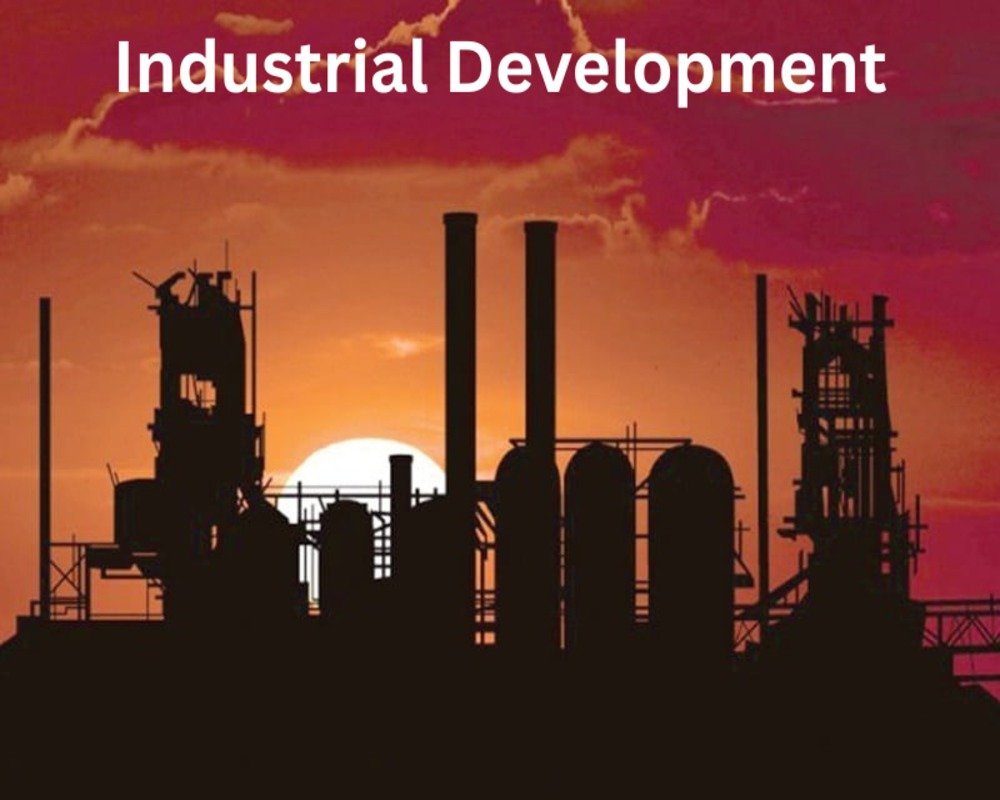1. Land Use and Zoning Clearance
Before beginning any industrial project, developers must obtain:
- Land use certificate confirming the land is zoned for industrial purposes
- Conversion approval if the land is classified as agricultural, residential, or commercial
- Approval from the Town and Country Planning Department or local development authority
This ensures the project aligns with the master plan and zoning regulations of the region.
2. Building Plan and Construction Approval
Developers are required to get permission for construction through:
- Sanctioned building plans from the municipal or industrial area authority
- Compliance with Floor Area Ratio (FAR), setbacks, and height norms
- Structural safety certifications for factories or sheds
This step is critical to legally initiate civil construction activities.
3. Environmental Clearance
Depending on the industry type and scale, environmental permissions may include:
- Consent to Establish (CTE) from the State Pollution Control Board (SPCB)
- Environmental Impact Assessment (EIA) for medium and large-scale or polluting industries
- Hazardous waste management approval, if applicable
- Groundwater extraction permissions from the Central Ground Water Authority (CGWA)
These permits are designed to ensure environmental sustainability and regulatory compliance.
4. Factory License and Labour-Related Approvals
Any industrial unit must secure labor and operational licenses such as:
- Factory license under the Factories Act, 1948
- Registration under the Shops and Establishments Act for office and admin areas
- Approvals for employee welfare provisions, including sanitation, ventilation, and safety
These permits are obtained through the Labour Department and are mandatory for operational compliance.
5. Electricity and Water Supply Connection
Industrial units need to apply for utility services from state boards:
- High-tension electricity connections through the local Discom or Electricity Board
- Water supply approval from the municipal body or industrial infrastructure provider
- In some zones, permissions from the Industrial Development Corporation (e.g., MIDC, KIADB)
These are essential for machinery operation, lighting, and sanitation facilities.
6. Fire Safety and Building Occupancy Certifications
Prior to occupancy or operational launch, the following must be obtained:
- Fire safety NOC from the Fire Department, including plans for hydrants, extinguishers, and emergency exits
- Occupancy Certificate (OC) certifying that the building complies with all legal and safety norms
- Completion Certificate (CC) verifying structural and architectural compliance
These permits are essential for operational security and legal conformity.
7. Trade License and Industry-Specific Approvals
Depending on the type of business activity, additional approvals may include:
- Trade license from the municipal authority
- Drug license for pharmaceutical units
- Food Safety and Standards Authority of India (FSSAI) license for food processing units
- Boiler and pressure vessel approvals for manufacturing industries
These licenses ensure sectoral regulatory compliance.
8. Other Utility and Infrastructure NOCs
Some industrial developments may also require:
- Sewage and drainage connection permissions
- Telecommunication and data cabling NOCs
- Power backup system approvals for generators and transformers
- Weight and measurement licenses, if applicable
These additional permits are crucial for supporting day-to-day operations.




